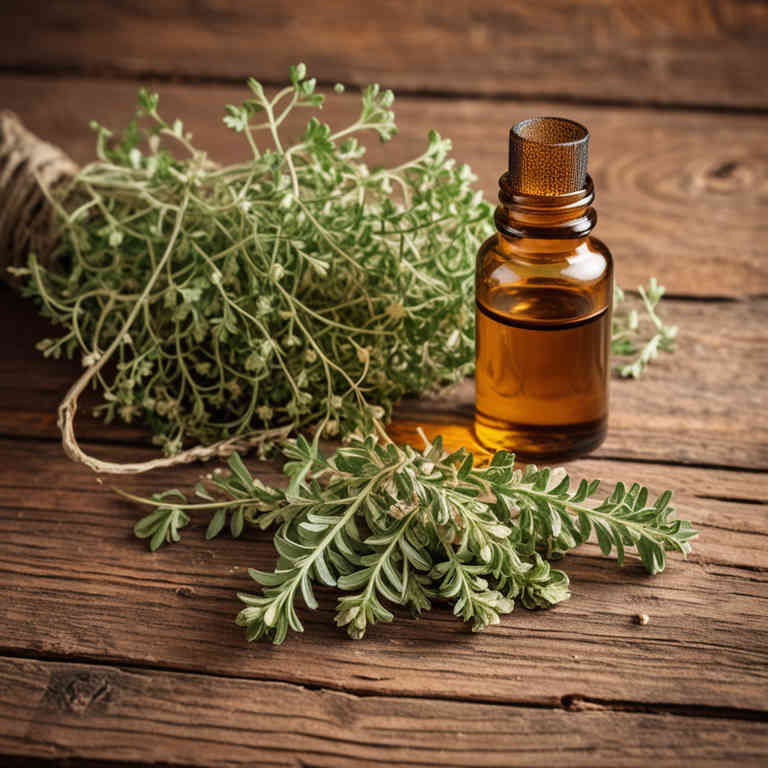Coriandrum sativum essential oil for medicinal use

Coriandrum sativum essential oil is a concentrated aromatic compound derived from the seeds of the coriander plant.
It is widely used in herbalism for its purported therapeutic properties, including its ability to support digestion and reduce inflammation. This essential oil is often applied topically or inhaled to alleviate symptoms of digestive discomfort and respiratory issues. It is also believed to have calming effects that may help with stress and anxiety.
In traditional medicine, it has been utilized for its antispasmodic and carminative qualities.
Uses
Coriandrum sativum essential oil has been used to promote digestive health and relieve gastrointestinal discomfort for centuries.
Historically, it was valued in ancient Egypt, Greece, and Rome for its aromatic and medicinal properties, often used in perfumes and as a remedy for stomach ailments. In traditional medicine systems like Ayurveda and Chinese medicine, it has been employed to reduce inflammation, ease nausea, and support respiratory function. Modern applications include its use in aromatherapy for stress relief and as a natural insect repellent due to its strong scent.
Today, it is also studied for its potential antimicrobial and antioxidant properties in both alternative and complementary medicine.
Benefits
Coriandrum sativum essential oil has health benefits such as promoting digestion, reducing inflammation, and supporting respiratory health.
It is known for its calming properties and can help alleviate stress and anxiety. This essential oil also possesses antimicrobial and antioxidant properties that may boost the immune system. It is commonly used in aromatherapy and can be applied topically or inhaled for its therapeutic effects.
Overall, Coriandrum sativum essential oil is a versatile natural remedy with a range of potential health advantages.
Constituents
Coriandrum sativum essential oil active constituents include linalool, limonene, gamma-terpinene, and cineole, which contribute to its therapeutic properties.
These compounds exhibit antimicrobial, anti-inflammatory, and antioxidant effects, making the oil beneficial for digestive health and skin care. Linalool is known for its calming and sedative properties, while limonene supports detoxification and immune function. Gamma-terpinene has antispasmodic qualities that can aid in relieving gastrointestinal discomfort.
Cineole contributes to the oil's ability to reduce respiratory congestion and promote mental clarity.
Preparation
To make Coriandrum sativum essential oil, first gather fresh coriander seeds or dried coriander leaves, as they contain the highest concentration of essential oils.
Next, place the plant material in a glass jar and cover it completely with a high-quality carrier oil such as jojoba or sweet almond oil. Allow the mixture to infuse in a cool, dark place for 2 to 4 weeks, shaking the jar gently every few days to ensure even extraction. After the infusion period, strain the oil through a fine mesh or cheesecloth to remove the plant material.
Store the essential oil in a dark glass bottle in a cool, dry place, where it will remain potent for several months.
Side Effects
Coriandrum sativum essential oil may lead to gastrointestinal discomfort, including nausea, vomiting, and diarrhea, especially when consumed in high concentrations.
It can also cause skin irritation or allergic reactions when applied topically without proper dilution. Prolonged use may result in liver toxicity due to its high concentration of compounds like limonene and linalool. Individuals with asthma or respiratory conditions should use it cautiously, as it may trigger bronchial spasms.
It is important to consult a healthcare professional before using this essential oil, particularly during pregnancy or for those with existing medical conditions.